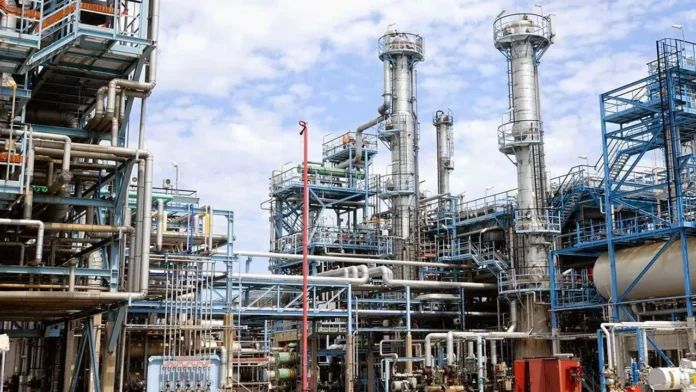The Nigerian National Petroleum Company Limited (NNPC Ltd) has informed the general public that the Port Harcourt Refining Company (PHRC) will undergo a planned maintenance shut down.
This scheduled maintenance and sustainability assessment will commences today, May 24, 2025, according to the company.
The shorting down of the refinery portends potential fuels supply shortage for the country which might ultimately affect the price of the commodity.
The company in a statement signed by Olufemi Soleye, Chief Corporate Communications Officer NNPC Ltd, it stated: “We are working closely with all relevant stakeholders, including the Nigerian Midstream and Downstream Petroleum Regulatory Authority (NMDPRA), to ensure the maintenance and assessment activities are carried out efficiently and transparently.”
It stated that NNPC Ltd remains steadfast in its commitment to delivering sustainable energy security for Nigeria.
The organisation stated that further updates will be provided regularly through it official channels, including its website, media platforms, and public statements.
The shutdown of the Port Harcourt Refinery by NNPCL for a month-long maintenance exercise may have several implications for Nigerians among which is the potential shortage of fuel supply
Already fuel retailers are concerned about possible shortages and price hikes due to the refinery’s shutdown, which could affect the availability and affordability of petroleum products.
Although NNPCL assures that fuel supply will remain uninterrupted, fuel retailers and consumers are skeptical, given the country’s reliance on imported fuel.
The maintenance exercise aims to ensure the refinery’s optimal performance and sustainability, potentially leading to improved efficiency.
Regular maintenance can help prevent future disruptions and ensure the refinery operates at its full capacity of 210,000 barrels per day.
It would help increased energy security, as NNPCL’s commitment to sustainable energy security may lead to more reliable fuel supply and reduced dependence on imported fuel in the long run.
However , disrupted fuel supply could have serious consequences for businesses and the economy, particularly in regions dependent on the refinery.
The shutdown, however, highlights the refinery’s ongoing operational issues, despite significant investments in rehabilitation, and raises questions about the transparency and accountability of NNPCL’s management.
This action is coming amid allegations of corruption and mismanagement of funds earmarked for the refinery’s rehabilitation, which may further erode public trust in NNPCL.



